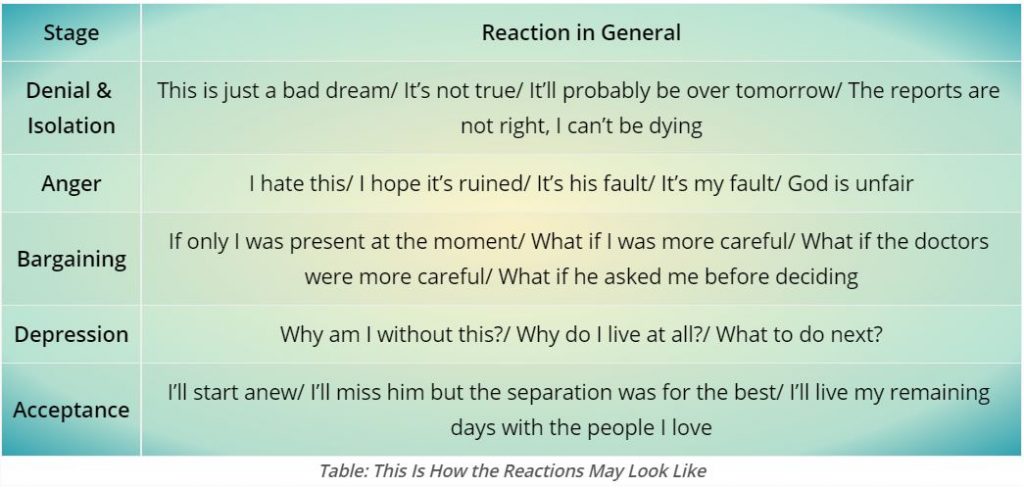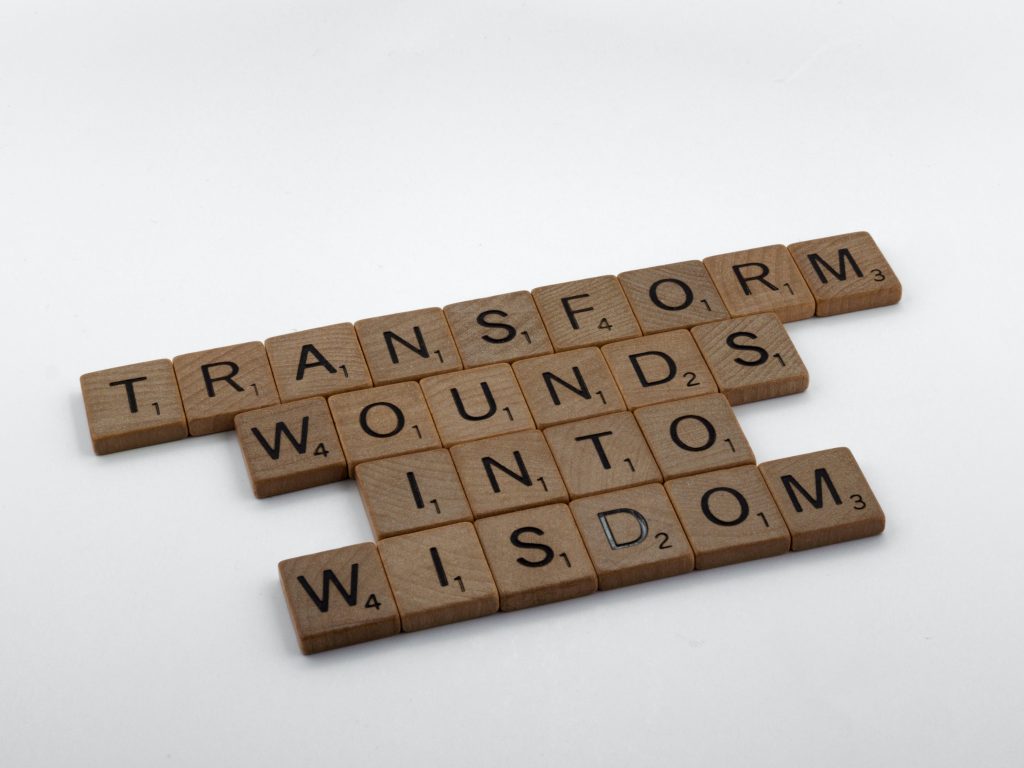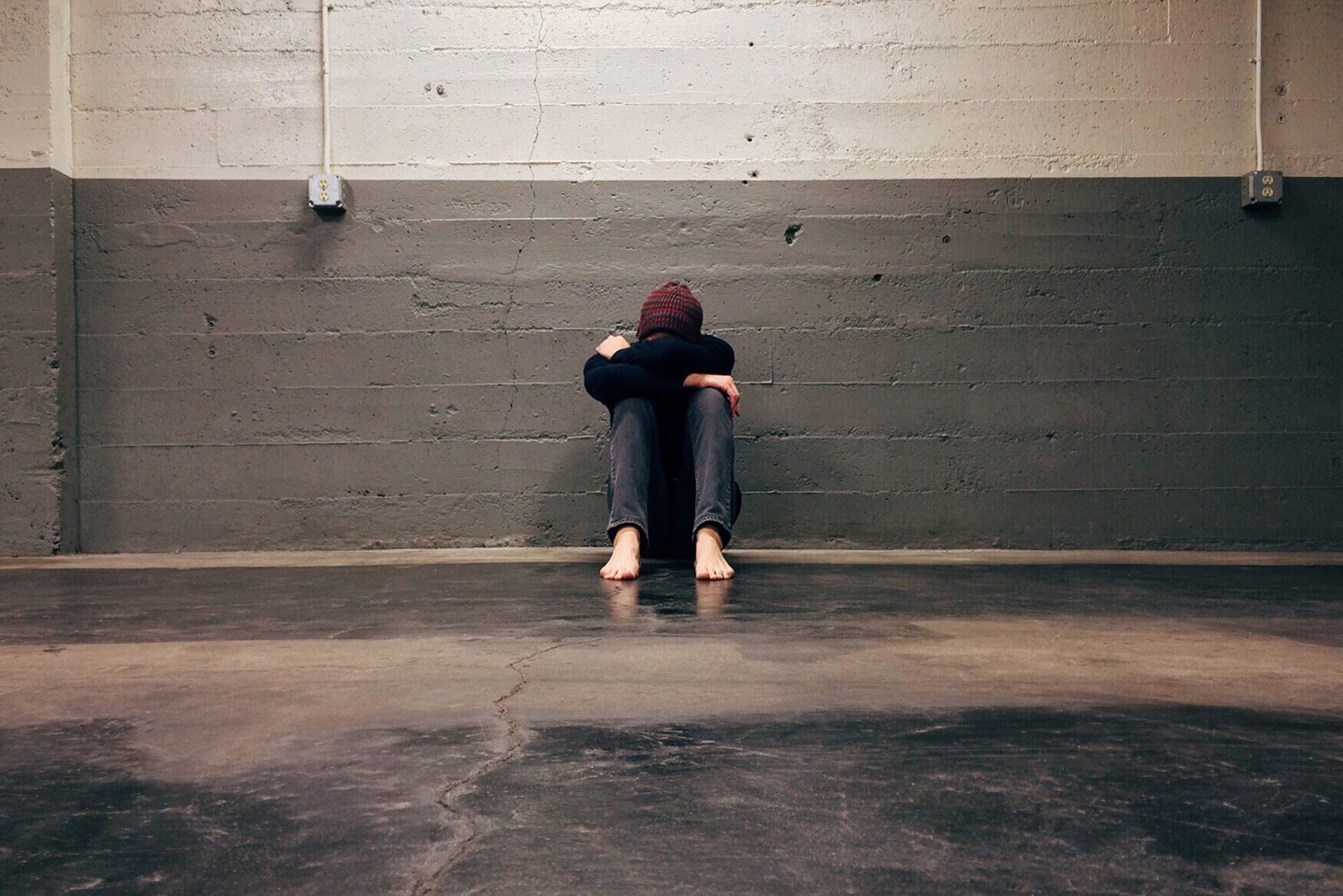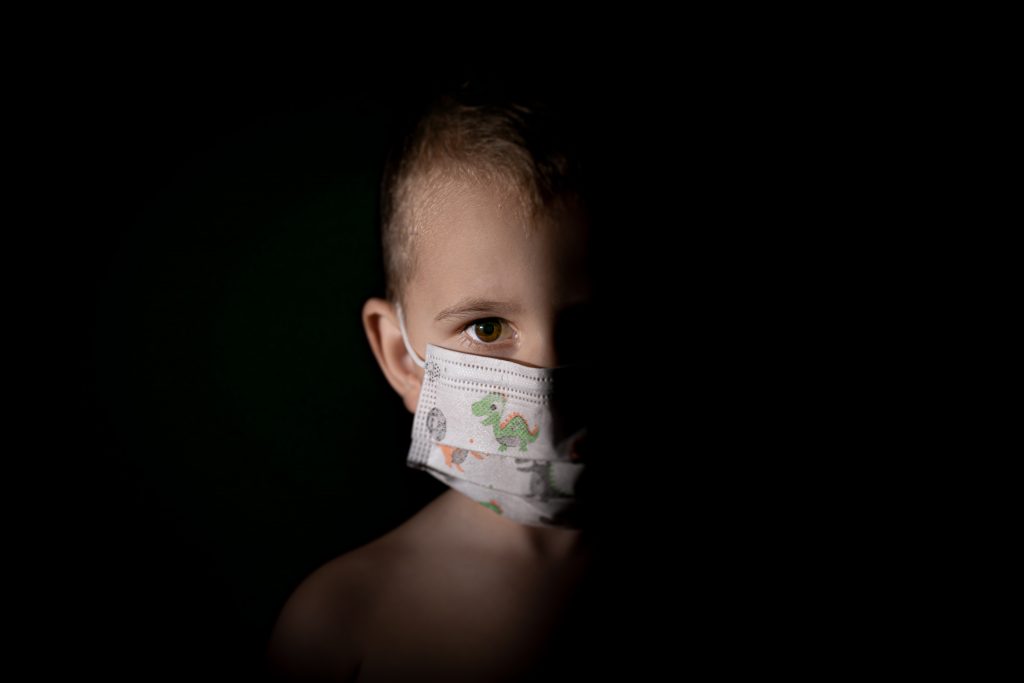Managing grief and loss is like surviving a whirlpool of overwhelming emotions. Any unexpected shift, in reality, can feel like a tight slap in the face. Therefore, it is essential that you know how to manage grief and loss in order to get through life.
Everybody has a different background and a concept of what we call grief. Although the core definition might be the same, the same event hits every individual with a different magnitude and a different level of intensity.
What is Grief
Grief is the response that you feel within your heart for any unfortunate event that happens in your life. Loss is universal yet personal. It exists all over human civilization and yet has a person-specific effect with varying magnitude.

Loss of A Partner 
Childhood Trauma 
Financial Troubles 
Teenage Crisis 
Loss of A Friend 
Retirement 
Divorce 
Terminal Illness/Death
Grief can be caused by intense issues like the demise of a parent, a miscarriage, divorce. Or even issues like hampered health, loss of a job, imbalance in financial stability, death of a pet, losing a friend, sense of insecurity after an accident, a miscarriage. Sometimes when childhood dreams fall apart you grieve.
Even a menial incident like losing a small object can cause immense pain in your heart because of the memory associated with it. Don’t let the appearance of other people in social media make a fool out of you.
Everybody has their individual anguish. There’s no right or wrong when it comes to how you’re ‘supposed to’ feel about a certain thing. Also, there are some popular myths that try to dictate your feelings. Let’s have a look at those and compare them to some facts.
Symptoms of Grief
The signs that you’re grieving can be physical, psychological, or social. Symptoms that are most common are: crying relentlessly leading to eventual headaches, having problems sleeping, feeling of detachment, isolation, etc. People often start questioning their own spiritual beliefs.
Guilt, anger, fatigue, not feeling like eating- are also a set of symptoms mostly seen among people who are grieving.
It’s even possible for people to have no symptoms at all. Not everyone grieves in the same manner. Never support social conditioning in the cases where heartache is involved. Someone might appear as cool as a cucumber and still have heart-wrenching anguish inside.
What you should do is, let yourself feel what you’re feeling. And decide how you want to process and proceed with your life. In the end, your life is only yours to live.
The 5 Stages of Grief
Everyone responds to the stormy phases of life differently. However, there are roughly five stages of grief.
The duration and intensity might vary. You might even notice some people skipping one or more stages. Some go back and forth among the states. You might even find people who go through all the phases real quick or really slow.

| Stage | Reaction in General |
| Denial & Isolation | This is just a bad dream/ It’s not true/ It’ll probably be over tomorrow/ The reports are not right, I can’t be dying |
| Anger | I hate this/ I hope it’s ruined/ It’s his fault/ It’s my fault/ God is unfair |
| Bargaining | If only I was present at the moment/ What if I was more careful/ What if the doctors were more careful/ What if he asked me before deciding |
| Depression | Why am I without this?/ Why do I live at all?/ What to do next? |
| Acceptance | I’ll start anew/ I’ll miss him but the separation was for the best/ I’ll live my remaining days with the people I love |
It all depends on the situation and your mindset at that time. Having said all these, knowing the five stages of grief allows you to go through it without doubting your sanity. Know, even at your darkest hours of life-you’re only human and it’s very natural for a human to experience this.
Stage 01: Denial & Isolation
The human mind works in mysterious ways. It does not evoke any reaction within yourself until it knows you can process it. When your brain receives a piece of information that’s going to crush your soul-it refuses its existence and acts in denial.
The denial stage is like the anesthesia that numbs you for a while but soon wears off and lets you face the fact. As weird as it may sound, denial lets you bear the primary shock. It’s a defense mechanism found very commonly.
Stage 02: Anger
This is the stage where the protection wears off and reality hits with the full blow. It’s very natural to feel enraged at this stage because you see yourself as a victim.
The anger may be directed in any direction. Towards your employer who fired you, towards your partner who cheated on you, towards your parents who died, or even yourself. People often blame the Superior power like God for putting them into this agitation.
Stage 03: Bargaining
Then when you learn to deal with your anger, you start to bargain with your grief. This is also known as the phase of “what if”. You travel to the past in your mind and think of all the things you could have done differently.
If someone is religious, he or she starts to negotiate with God in return of relieving the pain and anguish.

Denial 
Anger 
Bargaining 
Depression 
Acceptance
Stage 04: Depression
Depression is the most known form of pain and grief. The sense of emptiness is known to everyone more or less. Every living being on this earth can relate to it.
It hits when you finally realize that the loss has occurred. You were accustomed to a course of life and you know you’re never gonna get it back. As though life has come to a standstill and it will continue like this forever.
Stage 05: Acceptance
This is the phase of grief where you finally stop struggling with reality and make peace with yourself. You try to move on with whatever that you have at hand.
Acceptance doesn’t necessarily mean that you’re happy about what happened like “I’m glad he died” or “Breaking up feels great!”. Rather, acceptance is acknowledging what happened was hurtful, yet moving on with life.
For instance, “He is no more but we had a good run and created some fantastic memories” or, “Divorce was probably the healthiest choice I could make. It hurts but it will be eventually alright”
It’s important to remember that getting over your loss and moving on doesn’t mean you’re not mourning. Do not feel guilty for living your life.

How to Manage Grief and Loss
It’s very natural to be reminded of what you lost every now and then on significant days and events. A specific smell, a road, a place, a song- everything might bring back memories of what used to be.
In those cases, do not suppress the surge of emotions. Acknowledge the memory. Celebrate if it’s a happy one and smile because it happened. If the memory is an unpleasant one, then feel relieved that it’s over.
How to Manage Grief and Loss: In Denial
Engage yourself in active participation regarding your loss. Let yourself realize that your life has been changed. Wrap your head around the facts and alter your routine accordingly. Recognize your state and allow yourself some time.
How to Manage Grief and Loss: In Anger
Anger comes from unanswered questions. Try finding answers to your questions. At the same time, you gotta know when to stop asking questions.
The facts are necessary so that you don’t blame yourself or anybody else. But if finding answers cost you your peace, then let it be. Sometimes ignorance is bliss.
How to Manage Grief and Loss: In Bargaining
Probably there were a hundred things you could do back then. However, there’s no way you can turn the time back and compensate for what has been done. And there’s no way you doing them now won’t make any difference.
Therefore, do not make any decision or take any action based on any “what if”. Have patience and try not to relive possible alternatives inside your head.
How to Manage Grief and Loss: In Depression
This one is tricky. There is no way to get over depression except to get through it. Take time to pass this stage. Talk about what’s lost, write about it. Communicate with your loved ones. Recall all the good memories associated with it.
This will not make the despair go away. But you will learn to deal with it better.
How to Manage Grief and Loss: In Acceptance
Although, it might look insensitive because you have conditioned yourself to mourn. However, it’s not only recommended but also mandatory for yourself to take care of yourself. Make your own sauntering day.
- Get up and do some physical activities. Exercise regularly, ride a bicycle, or you can even simply go on a walk.
- Make sure you sleep at least 8 hours every night.
- Find your old hobby or learn a new skill. Join a karate class or a cooking class
- Catch up with your old friends who can lend you a shoulder and support you through the loss
- If you’re feeling suicidal, then consult a professional because you might be suffering from clinical depression or worse.

Take Time Away from the Chaos 
Seek Help from People Close to You
What NOT To Do
You can take as much time as you need. This is your call to make. But there are a few things that you should consciously be careful about.
First of all, track your emotions. Flag your stage of grief. And if you find yourself losing all the motivation to continue living, then seek professional help. Do not hesitate to get a professional opinion.
Secondly, do not opt for temporary fixes like drugs & alcohol. Substance abuse never leads to anything healthy. Especially, in the long run, it only adds to your problem
Thirdly, never use another human to get over or to move on. This will lead to another kind of disaster. Even if you need another shoulder to cry on, then remain clear about it. Try not to be responsible for another person’s heartbreak.
Last but not the least, never even consider ending your life. Suicide is never an option, under any circumstances.
Final Words
There is no prevention of grief. As you move along the journey of life, a number of factors become close to your heart. Be it another human, be it a work, be it a place. Among all, some are there for life, some you lose on the way.
Therefore, it’s natural to feel that excruciating pain of loss. Nevertheless, you can learn how to manage grief and loss and get a happier life again.
No amount of tears can bring back what’s gone. As cruel as it may sound, there’s nothing in your power to alter the past. Pay attention to what you have, rather than what you’ve lost.
Do yourself a favour and try not to put your mourning into another person’s pattern. Do not expect to have a certain timeline, let the process unfold itself. And the key to grief management is to have patience.
Bad things happen. We mourn. But life goes on.








































Leave a Reply